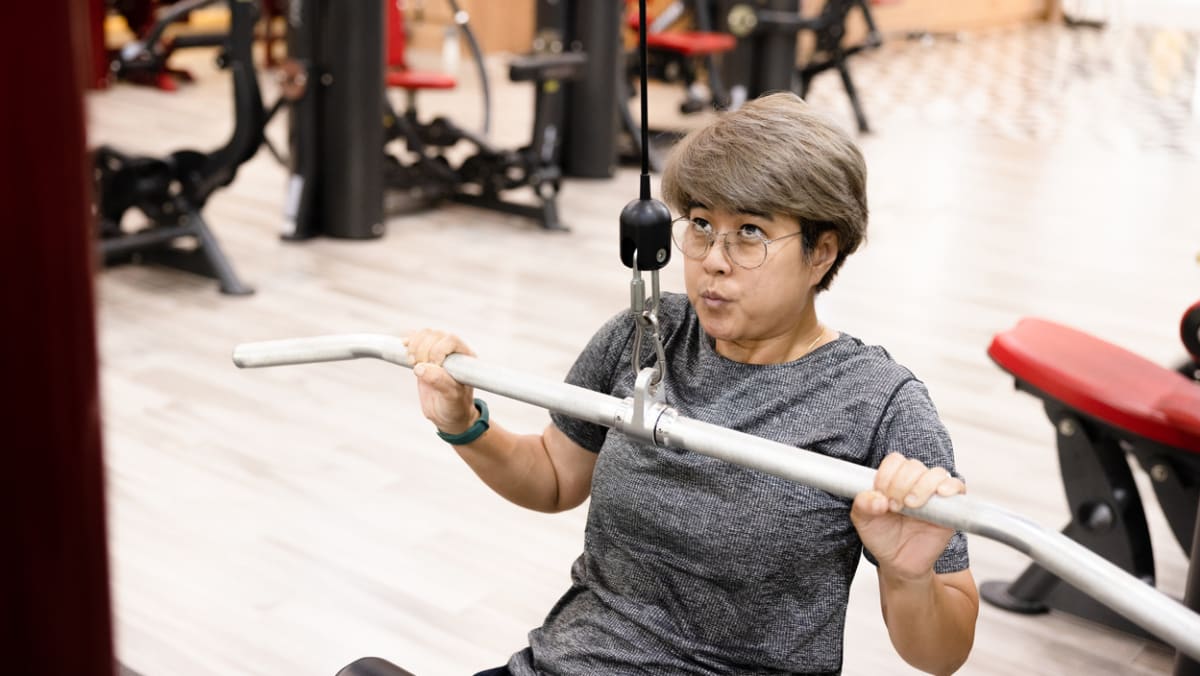
A recent study out of Singapore has shed new light on the interplay between muscle strength and diabetes risk in midlife women.
Conducted by a team of researchers from the National University Hospital and the National University of Singapore, the study analysed the muscle strength of more than 1,000 women aged between 45 and 69, with particular emphasis on hand grip strength and time taken to complete five-repetition chair stands.
Of the 1,170 women analysed, 12.1 per cent had diabetes, which was confirmed through fasting blood glucose tests.
What the researchers found was striking: The women with weaker muscle strength were more than twice as likely to have diabetes, after controlling for other known risk factors such as age, race, education levels, menopausal status, smoking and obesity.
Low hand-grip strength and poor chair-stand performance were both associated with a higher prevalence of diabetes, with those exhibiting weak whole-body muscle strength seeing 2.37-fold higher odds of developing the condition.
Diabetes, as the researchers note, is a pressing public health concern with serious implications for mortality and morbidity.
The number of adults with diabetes worldwide has skyrocketed in recent decades, with Asia predicted to be home to more than 60 per cent of individuals with the condition.
In Singapore, the situation is similarly dire: By 2035, one in every five adults is projected to have diabetes.
